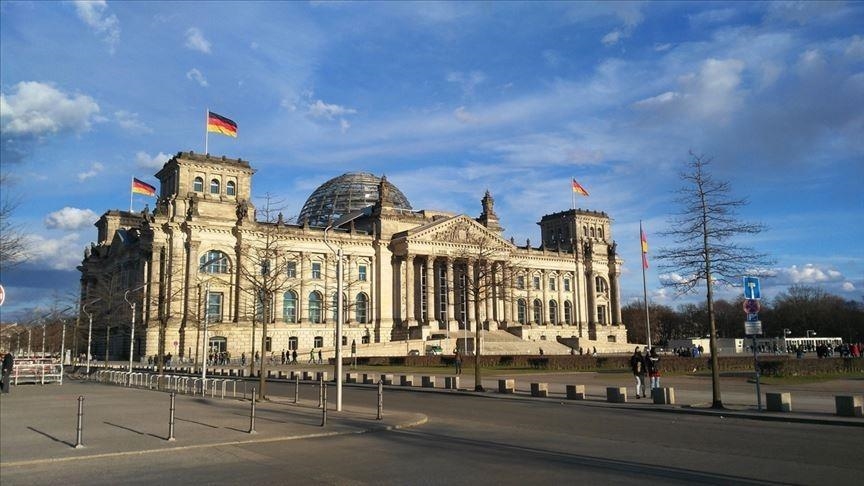German lawmakers initiate process to ban far-right AfD party
113 lawmakers sign application for party ban, citing concerns over far-right AfD’s anti-democratic behavior, anti-constitutional goals

BERLIN
A group of 113 German lawmakers from various factions have signed an application to initiate proceedings to ban the far-right Alternative for Germany (AfD) party, public broadcaster ZDF reported on Wednesday.
Marco Wanderwitz, a conservative lawmaker from the center-right CDU, said their application has been submitted to the German parliament’s President Barbel Bas. He emphasized the urgency of the matter, citing the upcoming new election as a critical factor in the timing of this action.
The primary objective is to submit and vote on the application during the current legislative period, potentially enabling the Federal Constitutional Court to commence proceedings, according to the lawmaker.
However, it remains uncertain whether or when the application will be formally addressed on the parliamentary agenda.
According to the German constitution, the parliament (Bundestag), the Federal Council (Bundesrat) and the government can apply to the Federal Constitutional Court to ban a party for its anti-constitutional goals or anti-democratic behavior.
In the past, several attempts to ban far-right parties had failed due to legal controversies, lack of objective evidence, or mistakes made in case preparation.
The Federal Constitutional Court turned down an application to ban the far-right NPD party in 2003 on the grounds that some of the party officials used as witnesses were informants of the domestic intelligence agency.
A second attempt to outlaw the NPD also failed in 2017, as the federal judges concluded that the party did not have the potential to realize its anti-constitutional or anti-democratic activities.
The AfD party has significantly increased its vote share in recent years by campaigning against migration, stoking fears of Muslims and immigrants. The party has also benefited from widespread dissatisfaction with Chancellor Olaf Scholz and his coalition government, and fears of an economic downturn.
A poll published by Forsa Institute on Tuesday found 17% of Germans plan to vote for the AfD, making it the second-strongest party after the conservative CDU/CSU bloc (33%).
The latest poll showed Scholz's Social Democrat Party (SPD) at 16%, while its coalition partner, the Greens was at 11%. The liberal Free Democrats (FDP), which quit the coalition government last week, were polled at 4%, falling short of the 5% threshold required to enter parliament.
Anadolu Agency website contains only a portion of the news stories offered to subscribers in the AA News Broadcasting System (HAS), and in summarized form. Please contact us for subscription options.







